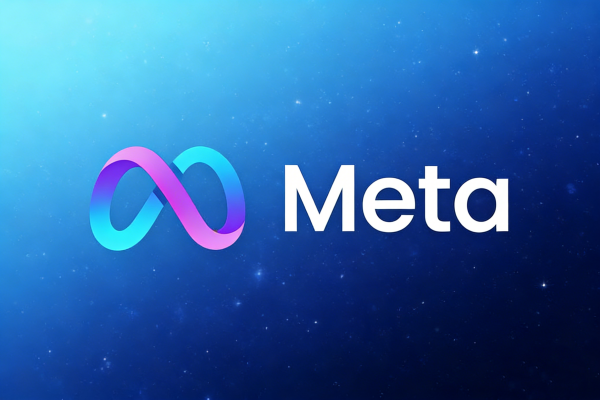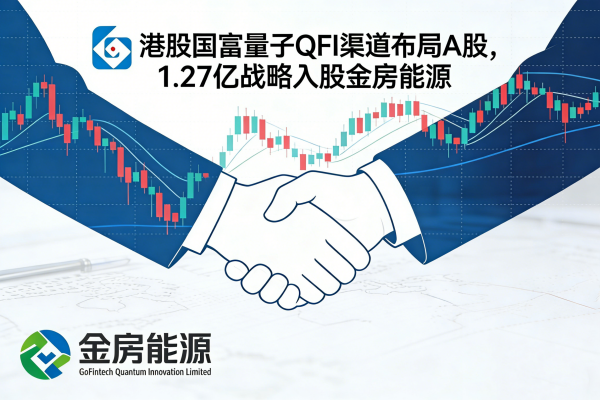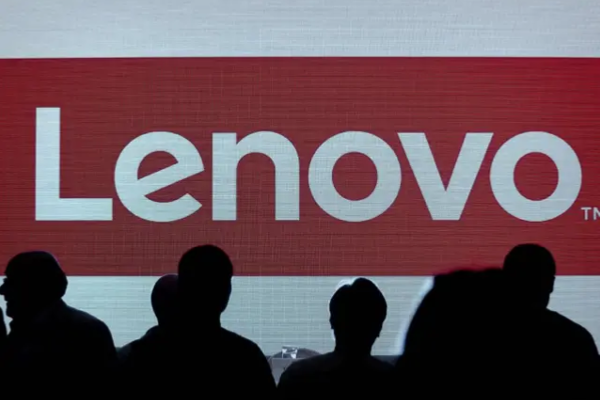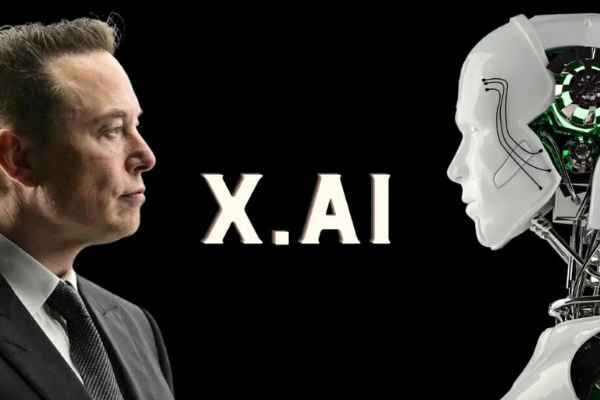BlackRock meets with SEC crypto working group to discuss ETP staking and the prospects of securities tokenization
As the boundaries between traditional finance and blockchain technology become increasingly blurred, Wall Street giant BlackRock is actively deploying in the field of crypto assets. Recently, the company held a meeting with the U.S. Securities and Exchange Commission (SEC) Cryptocurrency Task Force, focusing on two important topics: cryptocurrency exchange-traded products (ETPs) with staking functions, and the tokenization of securities assets. This meeting is believed to pave the way for institutional investors to further engage in the crypto market.
Focus on the staking function of Ethereum ETF
A core topic of the meeting was that BlackRock hopes to introduce staking functions in crypto asset ETFs based on the Proof-of-Stake mechanism such as Ethereum. According to an official memorandum issued on May 9, BlackRock is seeking a "regulatory position on staking processing" to assess the feasibility of facilitating ETFs with staking functions.
Although BlackRock's spot Ethereum ETF product has achieved initial results, the company clearly pointed out that the lack of staking functions makes the product "incomplete." In fact, staking is one of the core economic mechanisms in the Ethereum ecosystem, allowing coin holders to lock tokens to maintain network security and obtain returns.
BlackRock is not the only institution to express such a desire. In February of this year, the New York Stock Exchange also submitted a rule change proposal to introduce staking services for Grayscale's spot Ethereum ETF. However, the proposal has not yet been approved by the SEC. If regulators eventually allow such functions, it is expected to open the policy door for other token products that rely on proof-of-stake mechanisms, such as the Solana (SOL) ETF.
Exploring the regulatory framework for securities tokenization
The meeting also involved another crypto-financial trend: securities tokenization. BlackRock proposed that it hopes to promote the tokenization of securities assets (such as bonds and stocks) within the existing federal securities regulatory system to optimize the transaction process and significantly reduce costs. Compared with the traditional financial system, securities tokenization has the advantages of faster settlement, 24-hour trading and automated management.
In fact, BlackRock has already taken action and launched a tokenized fund called BUIDL, which focuses on US federal government debt and has now grown into the largest product of its kind with a market value of US$2.9 billion. Competitors in this market also include Franklin Templeton's BENJI Fund.
At the same time, retail brokerage platform Robinhood is also trying to provide European users with tradable U.S. securities token products by building its own blockchain. This move indicates that securities tokenization is gradually expanding from the institutional market to the field of ordinary investors.
Signals of institutionalization of crypto finance
This meeting between BlackRock and the SEC not only reflects the strong interest of large institutions in cryptocurrencies and their related functions, but also shows that regulators are conducting more in-depth research on the compliance path of these innovative products. Once the pledge function or security tokenization is officially recognized in the regulatory framework, it may accelerate the integration of crypto finance with the traditional financial system.
Under this trend, investors and market participants need to pay close attention to changes in regulatory attitudes, because these changes not only determine the functional upper limit of crypto ETF products, but also redefine the future form of securities trading.









